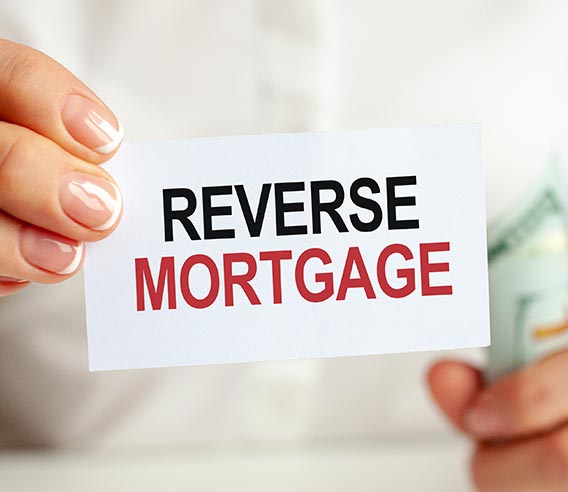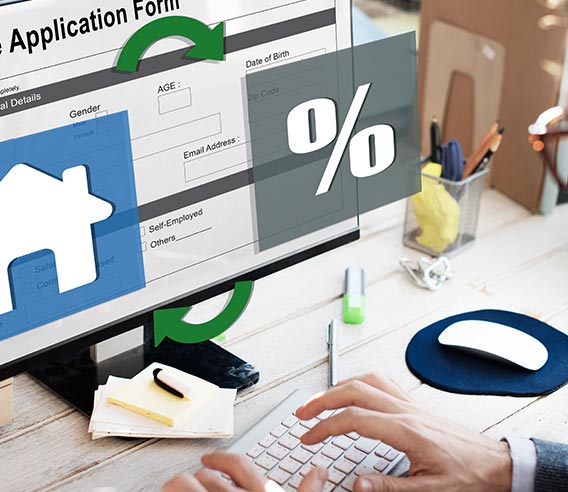Reverse Mortgages
Reverse mortgages have emerged as a valuable financial tool for senior homeowners seeking to access their home equity without selling their property. This innovative lending solution offers a way to convert home equity into cash, providing financial stability and peace of mind during retirement years.
How Reverse Mortgages Work
Reverse mortgages are available to homeowners aged 62 or older. Instead of making monthly mortgage payments, as with a traditional mortgage, reverse mortgage borrowers receive payments from the lender, effectively turning the equity they’ve built up in their homes into a source of income. Here’s what you need to know:


- No Monthly Payments: One of the most significant advantages is that borrowers are not required to make monthly mortgage payments. Instead, the loan balance accumulates over time.
- Loan Repayment: Repayment typically occurs when the homeowner sells the home, moves out permanently, or passes away. At that point, the loan balance, including accrued interest, is settled, usually through the sale of the property.
- Homeownership Continues: With a reverse mortgage, homeowners retain ownership of their homes and can continue living there. They remain responsible for property taxes, insurance, and maintenance.
- Access to Equity: The funds received from a reverse mortgage can be used for various purposes, such as supplementing retirement income, covering medical expenses, home renovations, or paying off existing mortgages.
- Flexible Payment Options: Borrowers can choose to receive the funds in a lump sum, monthly installments, a line of credit, or a combination of these options, depending on their financial needs.
Benefits of Reverse Mortgages:
- Financial Security: Reverse mortgages provide a reliable source of income, helping seniors maintain their quality of life during retirement.
- Stay in Your Home: Seniors can age in place, living comfortably in their homes without the worry of monthly mortgage payments.
- No Repayment Pressure: There’s no immediate obligation to repay the loan, offering peace of mind during retirement.
- Tax-Free Proceeds: The funds received from a reverse mortgage are typically not considered taxable income.

It’s important to note that while reverse mortgages offer substantial benefits, they are not suitable for everyone. Potential borrowers should carefully consider their financial situation and consult with a qualified reverse mortgage counselor to determine if this option aligns with their retirement goals. Reverse mortgages can be a valuable tool for seniors looking to leverage their home equity to enhance their financial well-being in retirement.



